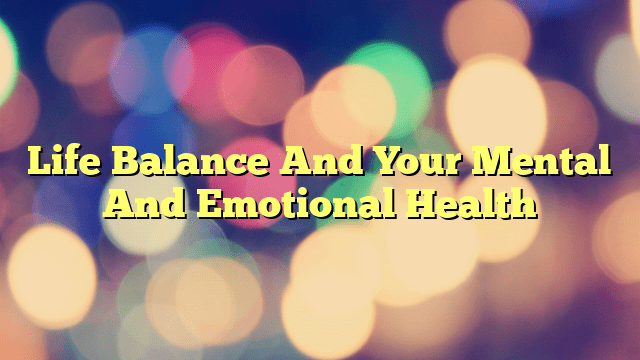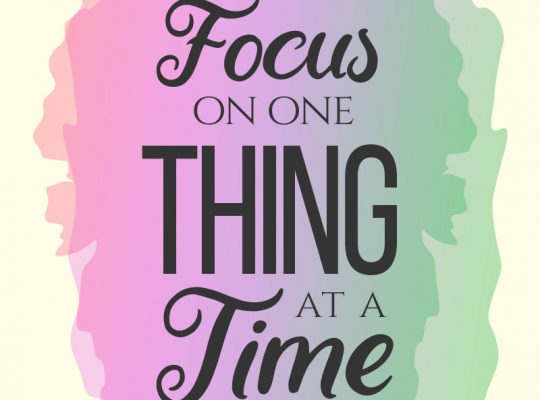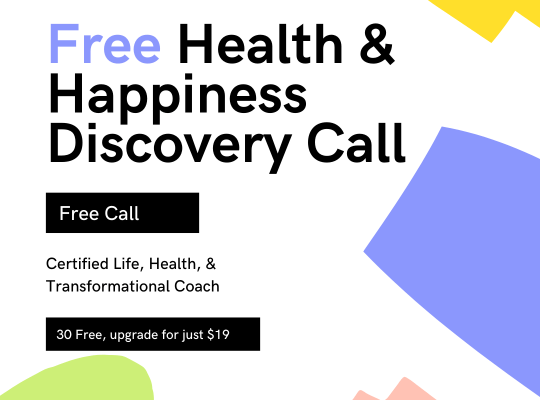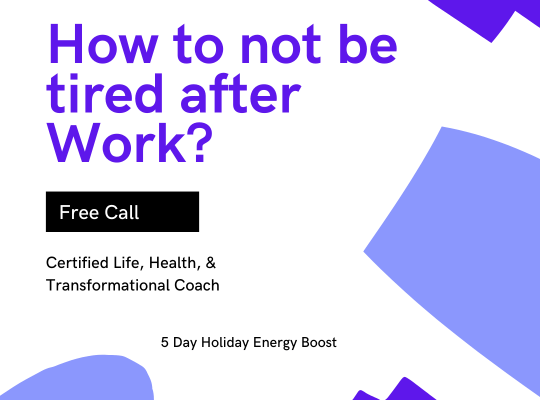Mental and emotional health are essential components of overall life balance. Finding ways to stay balanced can be a challenge, but it is an important step in improving one’s well-being. When looking for ways to maintain life balance, it is important to focus on self-care and find healthy habits that will help reduce stress.
Activities such as taking time for hobbies, exercising regularly, eating well-balanced meals, engaging in meaningful conversations and getting enough sleep can all contribute to improving your mental and emotional health. Ultimately, striving for balance can lead to improved clarity of mind and a healthier outlook on life.
How Your Mental and Emotional Health Affects Your Life Balance
Having an adequate life balance is the key to a happy and healthy life, physical and mental health included. It’s important to acknowledge that maintaining a balance between work, relationships, leisure activities, and taking care of ourselves goes beyond physical health. Mental and emotional health also play an essential role in keeping us satisfied with our commitments and interactions with people around us.
Taking mindful breaks throughout your day-to-day activities can help you reflect on how your feelings can affect the way you interact with others and how they reciprocate to achieve a sense of inner harmony. A healthy balance between our personal lives and the tasks we perform can decrease stress levels in the long run and make us more capable of fulfilling our obligations without compromising our well-being.
The Connection Between Stress and Mental and Emotional Health
It is important to maintain a balanced life in order to achieve optimal mental and emotional health. Unresolved, ongoing stress caused by a lack of balance can lead to a range of issues, from depression and anxiety to sleep disturbances, decreased work productivity, and lower self-confidence.
To feel your best mentally and emotionally, it is essential to practice healthy habits such as exercise, relaxation, proper diet, and social support. Being mindful of where we are allocating our time will ensure that our needs for both rest and recreation are met in order to create a sense of harmony both internally and externally.
Managing Time Effectively for Life Balance and Mental and Emotional Health
Time management can significantly improve life balance and mental and emotional health. Being able to organize and prioritize tasks and activities in order to meet deadlines can lead to an increased feeling of accomplishment and self-esteem, enabling you to maintain meaningful relationships and avoid stress.
Reasons your time management skills may be struggling could be due to fear of failure, perfectionism, procrastination, or distracting behaviors like browsing social media or checking emails numerous times a day.
Identifying what triggers your negative time management habits and actively choosing more positive actions is the key to getting on track with using your time wisely. Structuring activities to fit into allotted amounts of dedicated time each day can help immensely in managing daily commitments efficiently without feeling overwhelmed. Making a plan for how your time will be spent also ensures that important tasks are accomplished rather than wasted away on unnecessary distractions.
Mindfulness and Its Impact on Life Balance and Mental Emotional Health
Mindfulness can be a powerful tool to help us balance our lives and maintain mental and emotional health. It helps us learn to pause and observe our thoughts, giving us the opportunity to respond to difficult situations instead of reacting out of habit or emotion. With mindfulness we can learn to better understand ourselves, allowing us to recognize what brings us joy while letting go of thought patterns that lead to unhealthy habits.
Mindfulness also gives us a newfound perspective on our suffering and emotional pain so that we can tend to it with the kindness and compassion we all deserve. Practicing mindfulness regularly can be key for establishing an effective work/life balance that allows for personal growth, healthier relationships and improved overall well-being.






